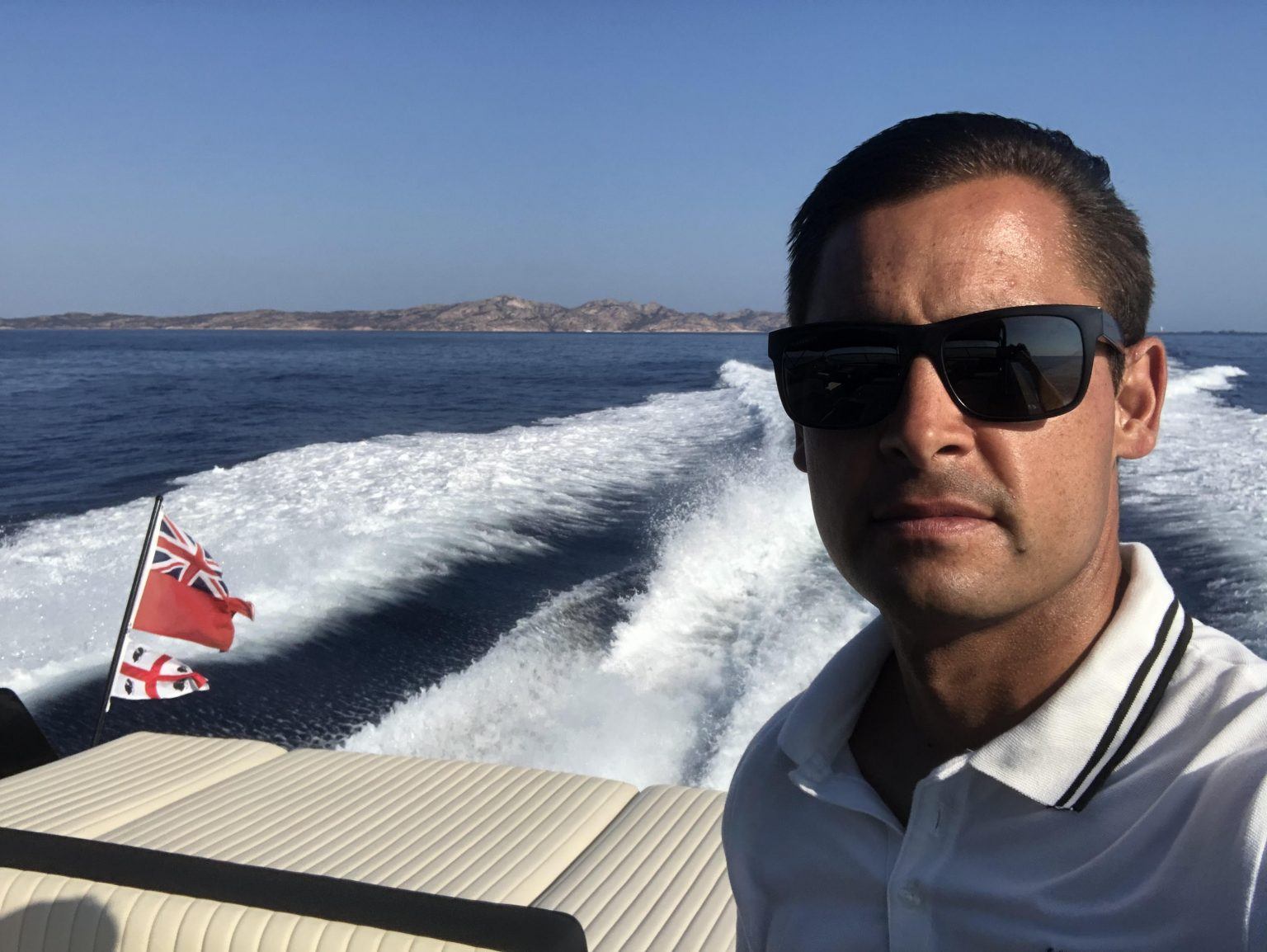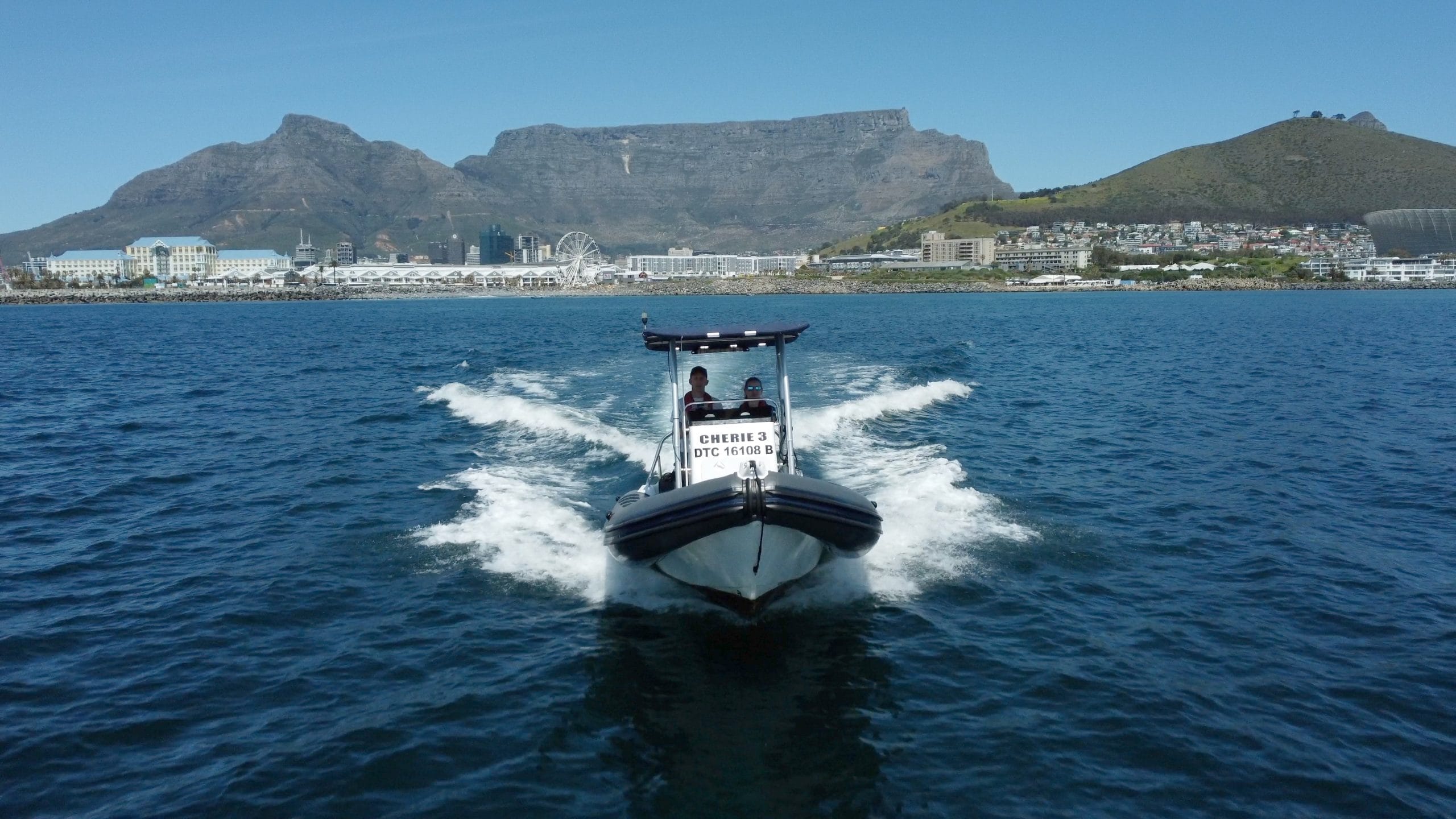We chatted to Chad Frieslich about his career as a First Mate. The first mate on a ship is responsible for the day-to-day operation of the vessel. This includes tasks such as maintaining the ship’s log, supervising the crew, and overseeing the vessel’s maintenance. The first mate is also responsible for navigation and safety and must be able to take charge of the ship in the captain’s absence. In addition to their practical duties, the first mate also acts as a liaison between the captain and the crew. They are responsible for communicating the captain’s orders to the crew and ensuring they are carried out correctly. The first mate is an essential member of the ship’s crew and plays a vital role in its operation.
We asked Chad numerous questions about how he got into yachting to what he would take to a deserted island.
Tell us more about your yachting journey. What made you decide to get into this career?
After completing my studies and degree at Stellenbosch University, and not really knowing what I was going to do with my life at that point, I got introduced to the industry through a close friend already working on the yachts. I think like a lot of people, I went over initially with the goal of making some money while travelling and experiencing other parts of the world. I never had the intention of making it a long-term career, but I was also open to the idea.
What courses did you do with SYSA, and what was the experience like?
I did my PWC with SYSA back in 2012. The course went well although it was very short and a pretty simple ticket.
How long have you been in this industry?
I’ve been in the industry for about 12 years. I joined in 2008 in Antibes France, left yachting to go back to Cape Town for about 2 years, and then decided to rejoin the industry in 2012. I’ve been living in the south of France for 8 years.
What does a First Mate do?
A First Mate is basically the next person in charge/command down from the captain. It is therefore very much a leadership role. We are responsible for the overall running of the vessel, from safety, operations and navigation, to management, including the crew, yacht agencies & management companies and the owners.
What has been the most exciting experience of your career so far?
Wow, that’s a tough question. I have been privileged enough to have experienced probably far more than the average yachtie, in terms of all the unusual places I have visited, the people and cultures I have been immersed in and all the actual events in between – the good, the bad, and the ugly.
I don’t regret any of it as you learn from it all and your overall perspective grows exponentially.
For me, it’s always been really exciting to explore a new part of the world for the first time, whether it was the Caribbean Islands, Canada, Greece, Thailand or Seychelles or Maldives.
What is your favourite aspect of life at sea?
It’s got to be the lifestyle at the end of the day. The freedom of not being stuck in an office all day, working with people from all over the world, and often not knowing what tomorrow will bring!
Do you have any advice for anyone considering working on superyachts?
Money should never be the primary reason, or at least not for the long term. Too many people fall for this illusion trap. People also think it’s an easy life working in paradise – yes the locations can be beautiful and the yachts themselves are luxurious and lavish, but there’s a lot of work that goes on behind the scenes, and it’s certainly not always pretty! Coming into this industry, you are sacrificing a lot of your own personal time, time away from your family/loved ones, and ultimately working/living according to your employers/owners’ lifestyle and time schedules. After all, we are there for their pleasure and to make sure all demands are met. You need to graft!
People trying to make it into the industry need to show a certain level of hunger, motivation, resilience, tolerance and personality – we are all human and a bit of humour is never a bad thing. It doesn’t matter what tickets you hold – attitude is everything in this game. Almost all progression requires some level of leadership abilities – sink or swim.
What five things would you take to a deserted island?
Wife, son, daughter, the cat, and a chef!
If you’re interested in pursuing a career in super yachting, take a look at our courses and contact Georgina at georgina@sysa.info


